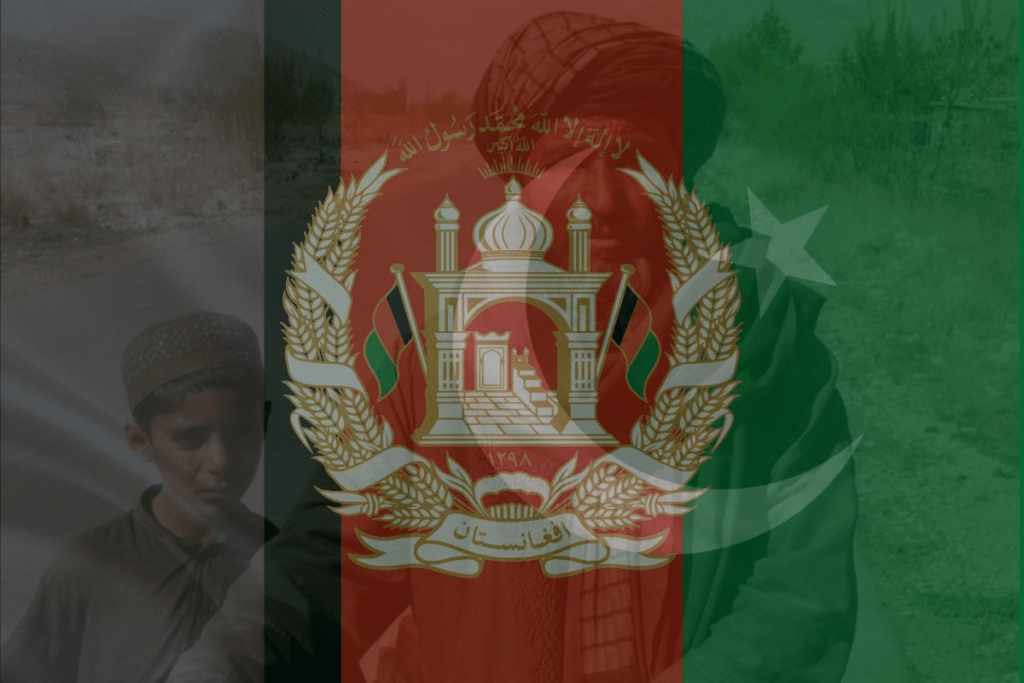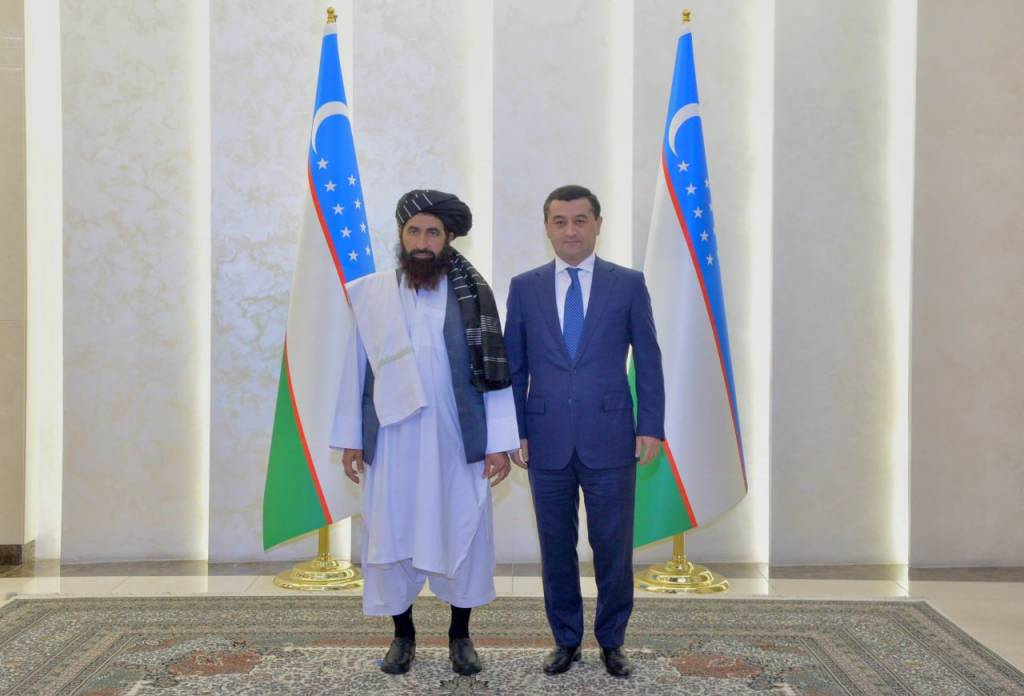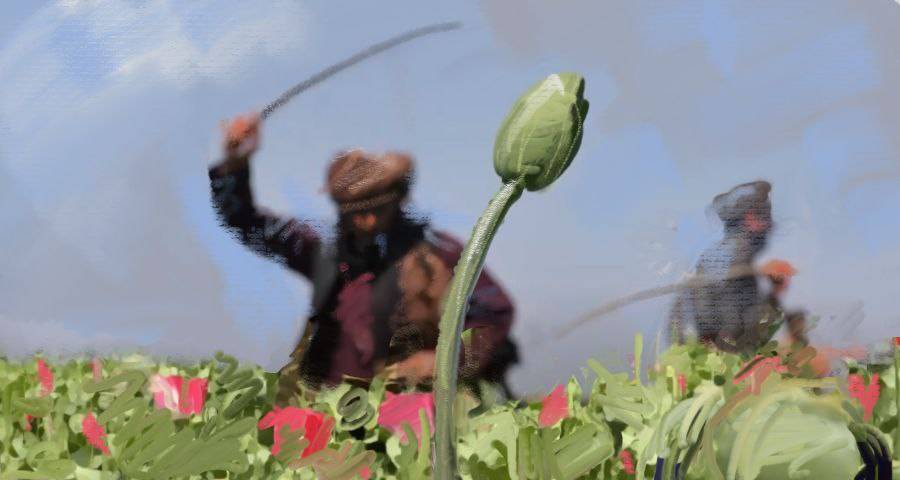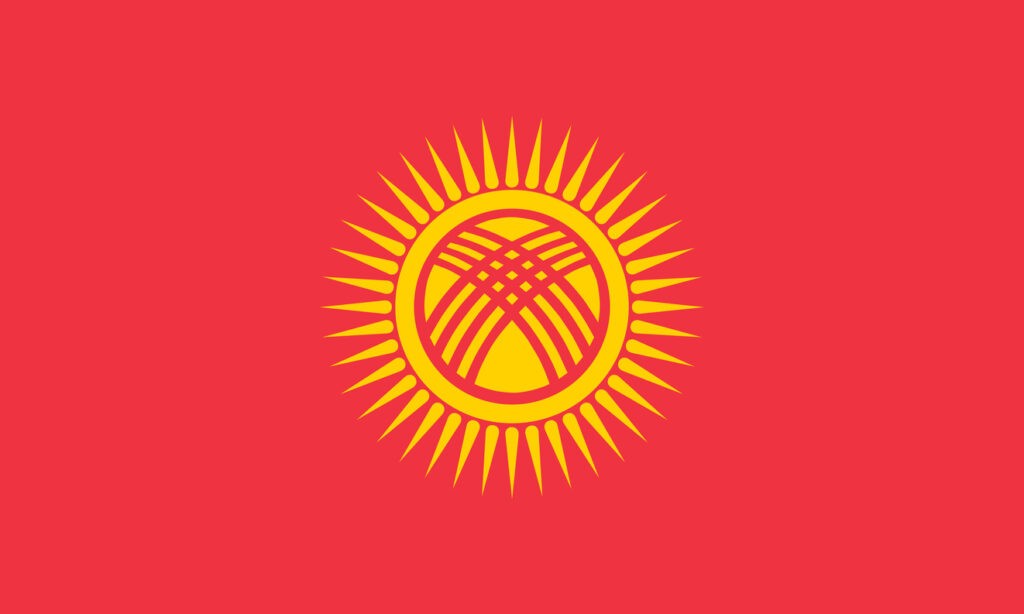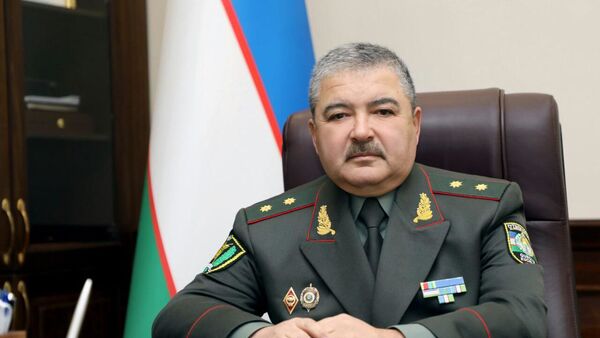Kazakhstan, located 1,566 km from the Afghanistan border, has announced the removal of the Taliban from its list of proscribed organizations. Aibek Smadiyarov, Spokesperson for the Kazakh Foreign Ministry, declared this policy shift, signifying a significant change in Kazakhstan’s approach towards the Taliban.
Smadiyarov stated that this decision aligns with Kazakhstan’s regular update of its national list of terrorist organizations, ensuring consistency with international standards and practices. The United Nations (UN) does not include the Taliban in the list of organizations recognized as terrorist by the UN Security Council. “These resolutions are binding, and we adhere to them,” affirmed Smadiyarov, underscoring Kazakhstan’s commitment to follow international norms set by the UN.
Originating in 1986-1987, the Taliban – a group labeled as a terrorist organization by numerous countries worldwide – ruled Afghanistan from 1996 to 2001 and returned to power in 2021 following the withdrawal of U.S. troops. The group is now striving to establish diplomatic relationships with various countries, including Kazakhstan.
European countries have varied responses towards the Taliban. While no European nation has officially recognized the Taliban government, some degree of interaction has been initiated due to humanitarian and regional security concerns. For instance, the European Union has engaged in dialogue with the Taliban to address immediate humanitarian issues and evacuation efforts. Similarly, countries like Germany and Norway have been part of diplomatic negotiations with the Taliban, each guided by their respective foreign policies and national security considerations.
The United States has also begun engaging with the Taliban albeit in a complex manner. Despite the Doha Agreement leading to the withdrawal of U.S. forces from Afghanistan and outlining commitments from both parties, it did not equate to formal recognition of the Taliban government. The U.S.’s approach, termed ‘pragmatic engagement’, emphasizes that Afghanistan’s future hinges on mutual engagement between the Taliban and the international community.
However, there remains global apprehension about the Taliban’s policies, particularly concerning women’s rights and education. The Taliban has been widely criticized for its harsh treatment of women and girls, including banning girls from receiving secondary education. Many international entities continue to condemn the Taliban’s actions and demand an end to human rights abuses.
Kazakhstan, being a secular nation, is naturally concerned about the oppressive ideology of the Taliban, especially its potential ramifications on women. The recent decision to remove the Taliban from its list of banned organizations highlights the complex geopolitical challenges Kazakhstan faces. It also demonstrates Kazakhstan’s commitment to aligning with the United Nations charter and the positions of its respective organs.

